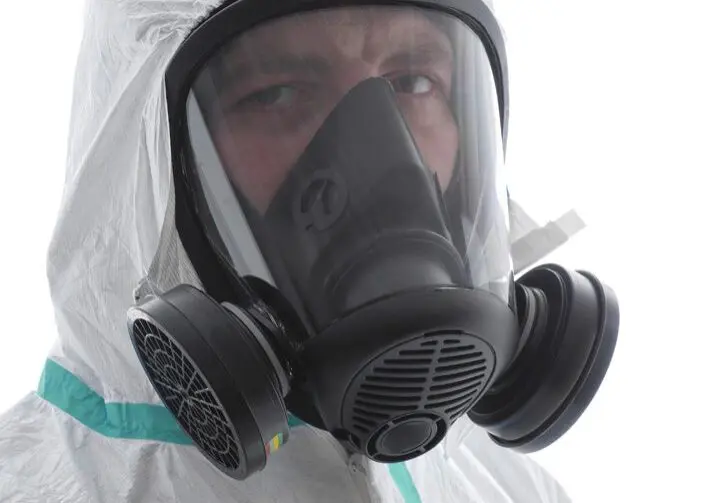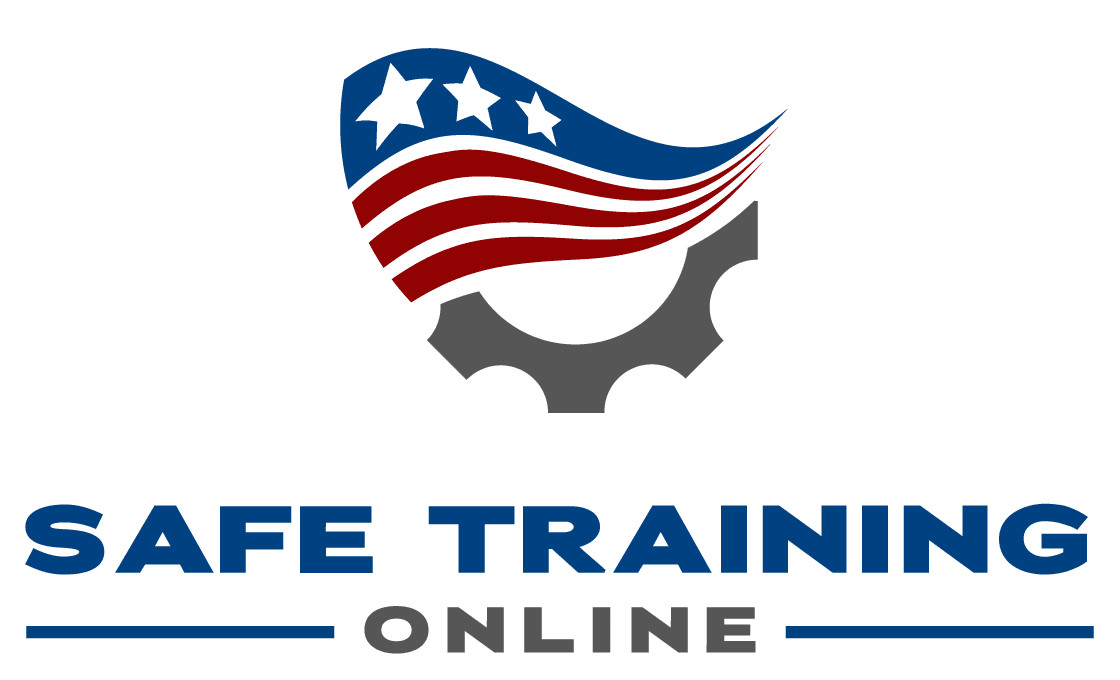Respiratory Protection Safety Training
Respiratory Protection Safety Training
SAFE Training Online
When was the last time you had respiratory protection safety training? Do you even wear respirators anymore?
Did you know that respiratory protection safety training is essential? It’s mandatory for anyone who works around hazardous chemicals.
You should get respiratory protection safety training if you work around hazardous chemicals. Here are the benefits of respiratory protection safety training.
Why Do I Need Respiration Protection Safety Training?
Employees who handle hazardous materials need respiratory protection safety training because they could potentially inhale harmful substances while working. These employees must wear respirators to protect themselves against exposure to chemicals, dust, fumes, vapors, gases, and other dangerous substances.
Respirator protection safety training teaches workers how to correctly put on and remove respirators, clean and maintain them, and avoid breathing hazards. It also provides instructions on proper ventilation techniques and emergency procedures.
style=”text-align:justify;”There are several reasons why employers require respiratory protection safety training.
- Ensures that employees understand the risks associated with handling hazardous materials.
- Protects employees from injury caused by improper use of protective equipment.
- Promotes safe practices among employees.
- Reduces employee turnover rates.
- Improves productivity and morale.
- Increases worker satisfaction.
- Saves money.
- Prevents lawsuits.
- Keeps employees healthy.
- Boosts company profits.
So whether you’re a business owner or manager, you must provide respiratory protection safety training to your employees. I think doing that will benefit everyone involved.

Why is Respiratory Protection so Important?
Respiratory protection is essential for protecting workers from inhaling dangerous substances. Some workplaces have insufficient oxygen levels, hazardous dust, gases, or vapors which could cause illness. Other types of masks are used depending on the environment. Particulate respirators filter out airborne particles, whereas air-purifying respirator filters out chemical and gas pollutants. But regardless of the kind of mask being worn, respiratory protection is still necessary.
There are many reasons why respiratory protection is so important.
- Wearing a respirator is critical if you work in an environment with high concentrations of toxic fumes or dust.
- If you work in a dusty environment, wearing a respirator helps prevent the inhalation of dust.
- Wearing a respirator protects you from breathing in harmful chemicals if you work in specific industries, such as construction, mining, manufacturing, or agriculture.
- If you work in any industry with potential exposure to bloodborne pathogens, wearing a respirator reduces the risk of contracting hepatitis B, human immunodeficiency, or other diseases.
- Wearing a respirator prevents you from spreading infectious diseases to patients if you work in healthcare settings.
- If you work in food service, wearing a respirator keeps you safe from ingesting bacteria, viruses, or other contaminants.
- If you work in emergency response, wearing a respirator will protect you from inhaling smoke or fire.
- If you work in law enforcement, wearing a respirator ensures you don’t become sick due to exposure to biological weapons.
- Wearing a respirator protects chemical warfare agents if you work in military operations.
- Wearing a respirator will protect you from inhaling harmful gasses if you work in industrial settings.
What Do The Safety Courses Entail?
This respiratory protection training course is OSHA certified and meets OSHA’s classroom training requirements. You’ll be able to pass the final written exam included in the system.
- In addition to the written exam, there is a checklist for employers to administer a practical test required by OSHA if you hire someone without prior experience.
- Your respiratory protection training course will include sections on common respiratory illnesses and the proper use of personal protective equipment.
- You’ll also learn how to operate machinery safely using respirators, including how to fit and adjust them appropriately.
- Finally, you’ll learn how to recognize symptoms of illness and how to respond appropriately.
Respiratory protection training is ideal for anyone working in a manufacturing or industrial environment where respiratory protection is necessary.
Topics covered include:
• Common respiratory illnesses
• Proper use of Personal Protective Equipment (PPE)
• Safe operations
• How to use the respirator correctly
• Recognizing symptoms of illness
• Responding appropriately
• What to do if you become ill
• How to train others
• What to do after training
• And more!
Conclusion
Respiratory protection training is an essential part of every employee’s job. It helps protect workers from inhaling harmful substances while performing their duties. This training is necessary when dealing with hazardous materials such as chemicals, dust, fumes, gases, vapors, aerosols, etc. Respiratory protection training is vital because it allows employees to perform their jobs safely and effectively. Employees risk getting injured or even killed by dangerous substances without proper training.
Click here for online Respiratory Protection Safety Training.
Click here for OSHA Respiratory Protection requirements.
